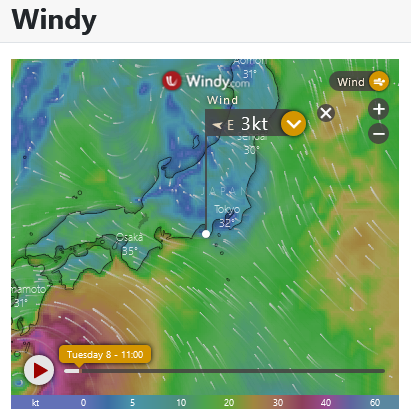- What are the customs and etiquette I need to be aware of when in Japan?
Japan has a unique culture and set of customs that visitors should be aware of. These include taking off your shoes when entering someone's home or a traditional Japanese inn (ryokan), bowing when greeting someone, and not tipping at restaurants. Additionally, there are other customs such as not talking on the phone or eating on public transportation, and not blowing your nose in public. It is important to respect and follow these customs to show cultural sensitivity.
- What is the best way to get around in Japan?
Japan has a highly efficient and extensive public transportation system that includes trains, subways, buses, and taxis. It is advisable to purchase a prepaid transportation card such as a Suica or Pasmo card, which can be used on most trains, subways, and buses, as well as vending machines and some stores. Taxis are also readily available, but they can be expensive.
- What is the local currency in Japan, and where can I exchange money?
The local currency in Japan is the Japanese Yen (JPY). You can exchange money at banks, post offices, and some hotels. It is also possible to withdraw money from ATMs, but not all ATMs accept foreign cards. Be sure to check with your bank before leaving home to ensure that your card will work in Japan.
- What are some must-try Japanese foods?
Japan is known for its delicious and unique cuisine. Some must-try Japanese foods include sushi, ramen, udon, tempura, soba, yakitori, and okonomiyaki. There are also many regional specialties to try, such as Hiroshima-style okonomiyaki and Hokkaido seafood.
- What are some popular tourist attractions in Japan?
Japan has many popular tourist attractions, including Tokyo's Shibuya Crossing, Kyoto's Fushimi Inari Shrine, Osaka's Dotonbori district, and Hiroshima's Peace Memorial Park. Other must-see destinations include the ancient capital of Nara, the iconic Mount Fuji, and the beautiful island of Miyajima.


 天気
天気